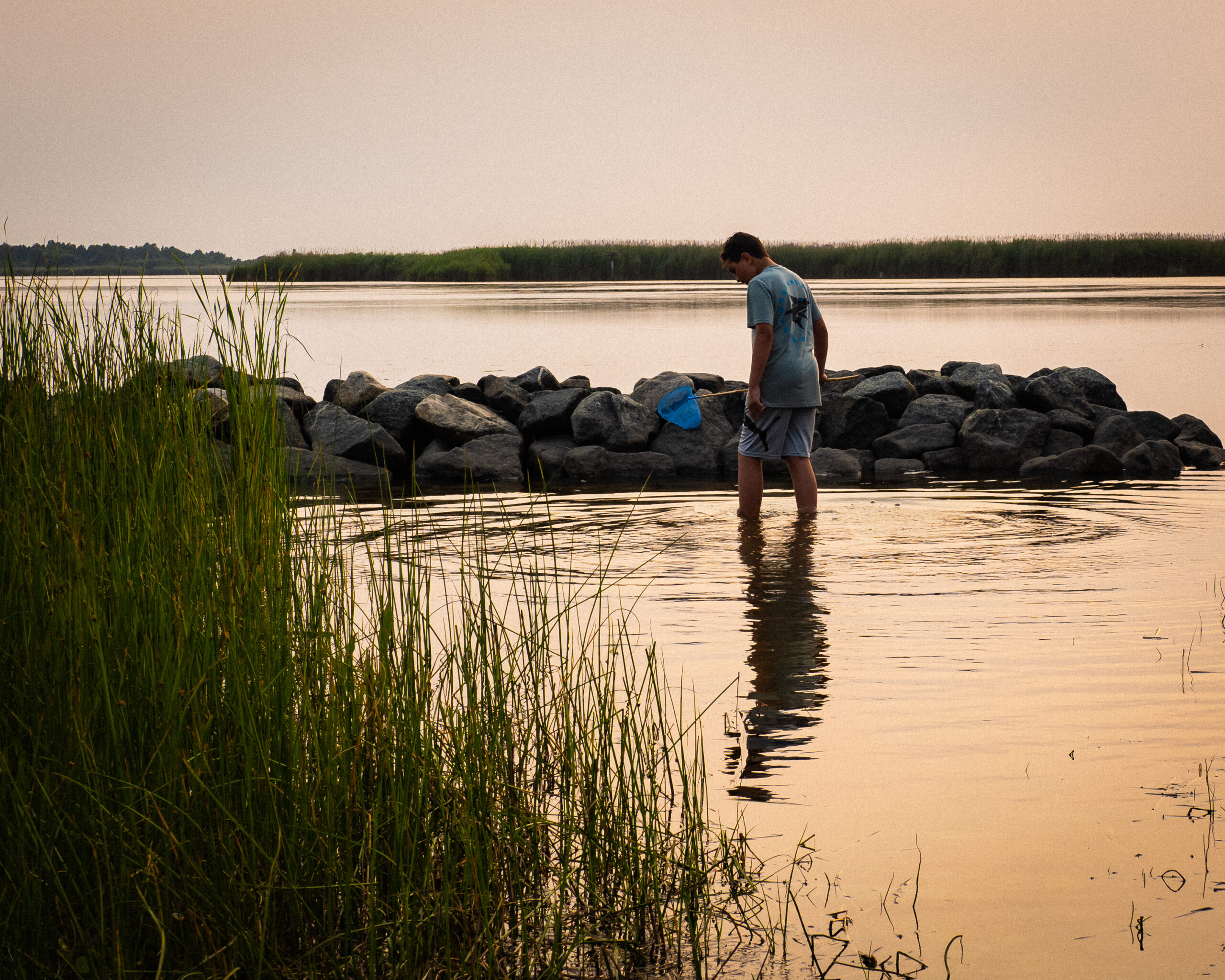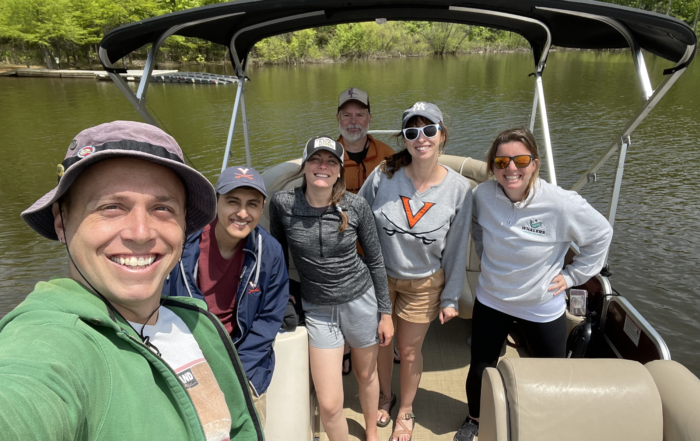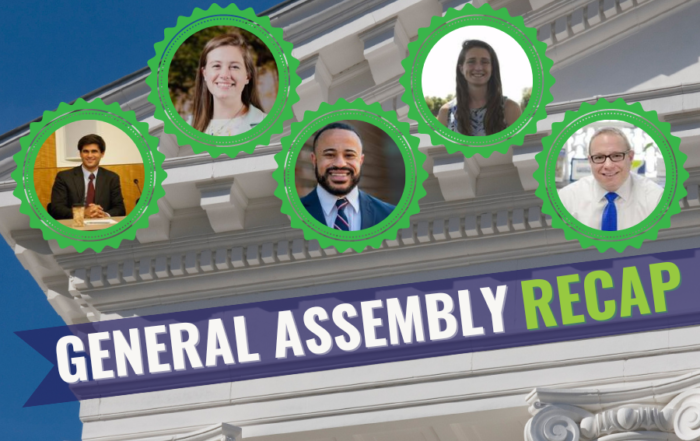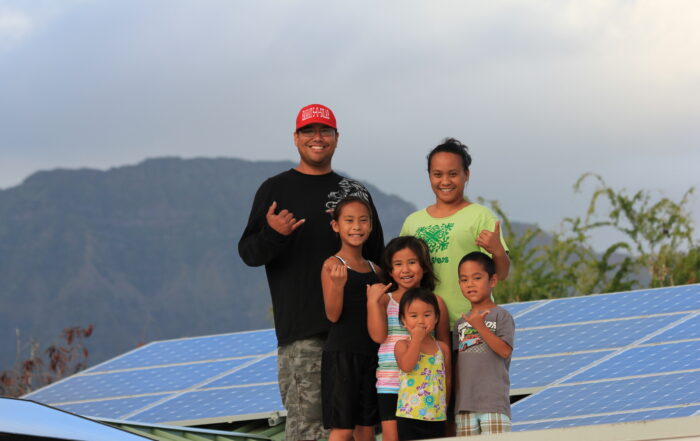Opinion: State budget delivers for clean water and protected land
In an Opinion-Editorial, Virginia Conservation Network’s Program Director of Clean Water & Land Conservation, Pat Calvert, celebrates a bipartisan budget that protects Virginia’s drinking water and land. See the Op-Ed in the The Virginian-Pilot, published on October 7th, 2023.


“Wading in Water,” Back Bay Virginia Beach. Photo by Sue Mangan.
Many Virginians’ favorite time of year has arrived. Autumn has begun, and I’m excited to swap sticky humidity for a crisper breeze and warm displays of color. I was excited to see Virginia Tourism’s release of the best outdoor spaces to view peak fall foliage and can’t wait to view some of these top spots myself.
As I travel throughout the state to see the warm, colorful hues across Virginia’s ridges, valleys and coastlines, I’m consistently reminded how access to and protection of these shared natural resources are deeply influenced by the leadership of policymakers working together to invest in these resources. Simply put, Virginia could not highlight such a diversity of treasured outdoor spaces if it weren’t for the conservation funding that has been invested through the bipartisan budget agreements over the years — including this year’s historic budget compromise signed last month.
To Virginians, there is little of more universal importance than clean water to drink and access to protected outdoor places.
As the director of clean water and land conservation programs for the Virginia Conservation Network, it is my role to strategically coordinate issue education and advocacy among more than 160 natural resource conservation nonprofits. Access to clean, safe and accessible outdoor spaces continues to be a huge priority to both our conservation network and the people who come to visit and live in Virginia. However, these areas require additional funding to ensure healthy waters, safeguard forests and farms, and protect our health.
Unfortunately, many miles of Virginia creeks and rivers are still routinely polluted with runoff from our roads and farms. Less limited to coastal areas, recurrent flooding now regularly impacts a growing diversity of Virginia communities. This past July marked one year since historic flooding in Buchanan and Tazewell counties, where residents are still struggling to recover.
Money talks, and our bipartisan state budget reflects the values of the Commonwealth.
The budget deal allocates historic levels of funding for clean water. As we approach the 2025 Chesapeake Bay pollution cleanup deadline, hundreds of millions of dollars are earmarked for water quality improvements, pollution-reducing agricultural best management practices, and wastewater treatment plant upgrades.
The Regional Greenhouse Gas Initiative remains the state’s primary source of flood preparedness funding. RGGI continues to raise hundreds of millions of dollars for the Community Flood Preparedness Fund. Over the past three years, the state has raised $328.6 million for flood funding by charging polluters for their carbon discharge. Furthermore, through this budget compromise, legislators supplemented flood resiliency funding by allocating $100 million to the Resilient Virginia Revolving Fund, giving more flexibility for the state to support local governments and individual property owners impacted by flooding.
Virginia’s key land conservation programs maintained critical funding — the Land Preservation Tax Credit, Virginia Land Conservation Fund, Farmland Preservation Fund, and BIPOC Historic Preservation Fund — and the Virginia Battlefields Preservation Fund received an additional $6.25 million.
And Virginia’s historic $93 million dedication for trail funding remained intact: One-third of the funds will go towards “priority” projects and the remaining two-thirds will be directed to projects throughout the state.
Virginia Conservation Network is grateful to the Chesapeake Champions in Virginia’s Senate Finance and Appropriations Committee and House Appropriations Committee who secured much-needed conservation funding in the bipartisan budget compromise. After fighting for our shared values for decades, a majority of these committees are now retiring. Retirees, including Sens. Janet Howell, Emmett Hanger, Lynwood Lewis, George Barker and Del. Ken Plum, are leaving behind a formidable legacy — one of the largest budgets for clean water and the outdoors in Virginia’s history.
Staff Sightsee Southside Virginia
Every year, Virginia Conservation Network staff visit a new region of Virginia for a staff retreat. This year, VCN staff headed to Southside to visit Danville, South Hill, and La Crosse.
VIDEO: Take a Deep Dive into Our General Assembly Recap
Watch this year's General Assembly Recap and get an Inside Look at the Environmental Policy Outcomes from the 2024 General Assembly session.
Solar For All, and $156M for Virginia
Virginia received $156,120,000 through Solar For All. One hundred percent of the funding awarded today is dedicated toward distributed solar investments to benefit low-income and disadvantaged communities.



